China brought into force new regulations for fair competition reviews in August, as part of the country's efforts to create a level playing field that benefits businesses of all types and builds a unified domestic market free from regional protectionist practices, officials and experts said.
The move came after the third plenary session of the 20th Central Committee of the Communist Party of China in July reiterated the paramount importance of removing rigid constraints on fair competition review, intensifying efforts against monopolistic practices and unfair competition.
This policy mandates that any regulations, normative documents and policy measures formulated by government agencies, which involve the economic activities of market entities such as market access, industrial development, investment attraction and bidding processes, must undergo a thorough review from the perspective of fair competition.
Under this framework, any regulations or policies that are deemed to have anti-competitive effects are either withheld from implementation or adjusted to align with the relevant requirements before being issued. Moreover, policies that have not undergone fair competition review are prohibited from being enacted.
The regulations aim to prevent authorities from rolling out measures that exclude or restrict market competition, said Zhou Zhigao, an official at the State Administration for Market Regulation.
A fair competition review system was first put forward in 2016. Since its inception, the nation has made advances in revamping its regulatory framework, with 93,000 policies and measures being either repealed or revised to eliminate elements that impeded or restricted competition, data from the administration showed.
In 2022, China integrated the fair competition review system into its Anti-monopoly Law. The inclusion represented a foundational acknowledgment of the importance of fair competition in the regulatory landscape, another official of the administration Xu Xinjian said.
The newly introduced regulations built upon recent years of review practices and pilot programs, and refined the specifics of the institutional framework, Xu added.
The introduction of the new regulations signifies a pivotal step in the legalization and institutionalization of the fair competition review system in China, said Sun Jin, director of the Competition Law and Policy Research Center at Wuhan University.
This key optimization mechanism brings all government policy measures that intervene in economic activities under the purview of the review framework. By subjecting the government's "visible hand" to the principles of fair competition, these regulations mandate respect for the market's decisive role in resource allocation, Sun said.
This move aims to enable the government to play a more effective and constructive role in the economy, rather than distorting market dynamics through interventionist policies, Sun added.
Alongside practices that directly impede fair competition, a concerning trend emerged in certain regions. Local governments, in a bid to support larger enterprises, had been extending special incentives and subsidies, inadvertently paving the path for unfair competitive advantages that tilt the playing field.
Meng Yanbei, a law professor at Renmin University of China, said that as different regions vie for economic prominence, some local governments have been inclined to craft economic development policies that disproportionately favor indigenous enterprises and ventures through measures like tax incentives and subsidies.
While seemingly aimed at bolstering local industries, these preferential policies have inadvertently erected market barriers between administrative divisions, impeding the formation of a unified national market and serving as stumbling blocks to fair competition, Meng said.
In a bid to address these pressing concerns and foster a more equitable business environment, the recently introduced regulations have set forth stringent guidelines aimed at curbing preferential treatment for specific businesses.
The regulations mandate that without legal basis or approval from the State Council, or China's Cabinet, targeted operators are prohibited from receiving tax incentives, selective or differential financial rewards, or subsidies.
Noting that the new regulations have primarily adopted a self-examination model by policymaking bodies to ensure the efficacy of policy measures, Meng cautioned that efforts are being made to prevent authorities from merely going through the motions during the review process, potentially diminishing the effectiveness of policy implementation.












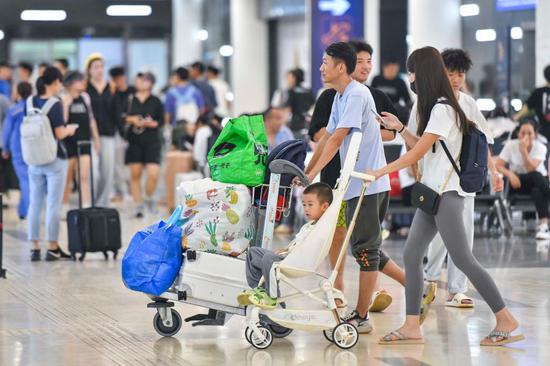


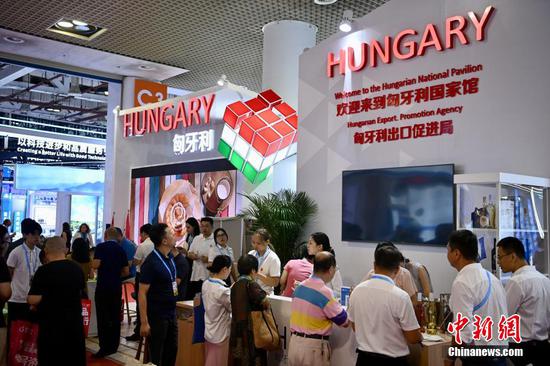


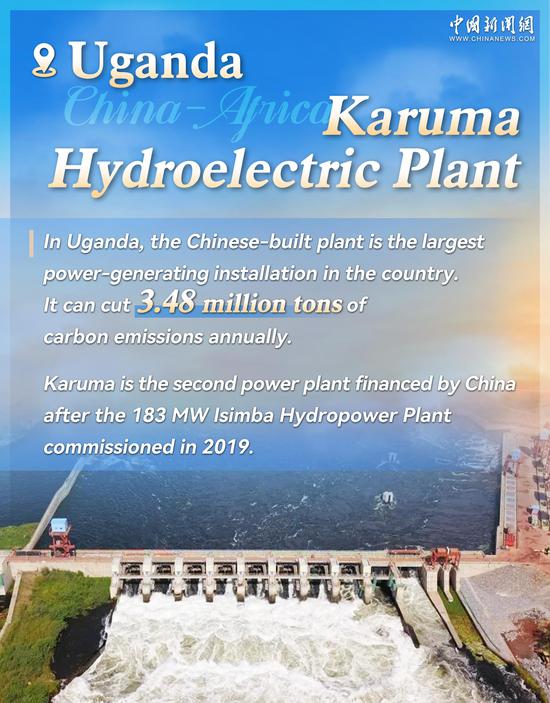


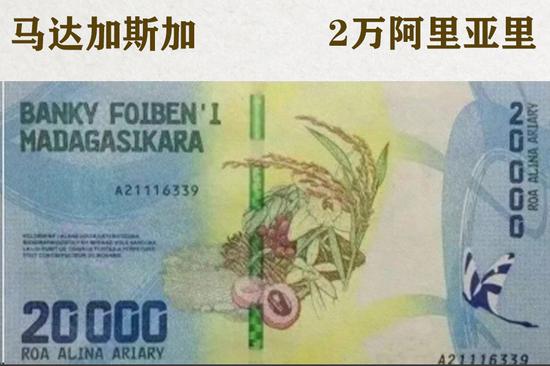

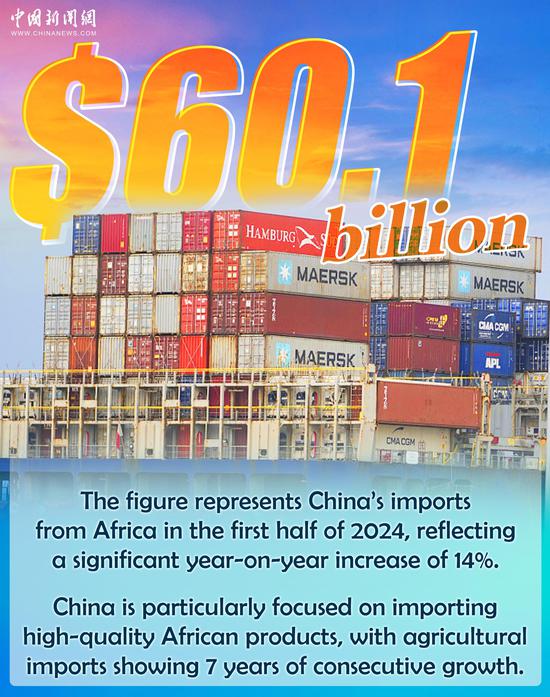
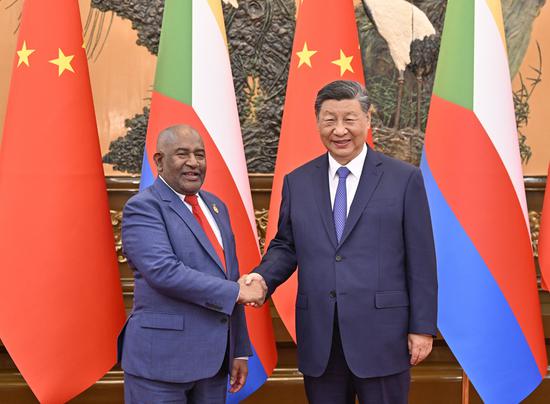
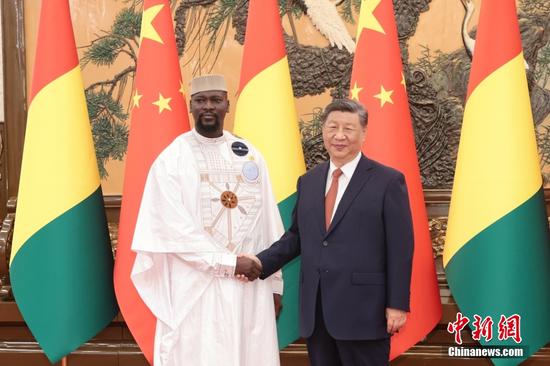
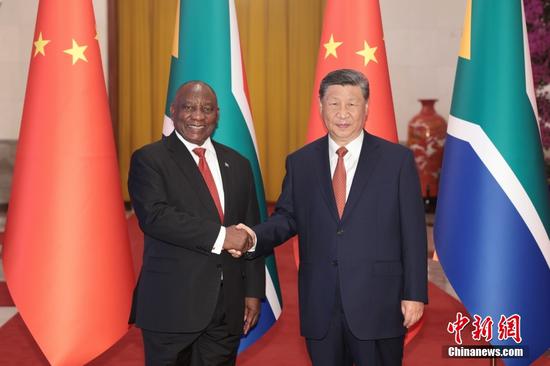
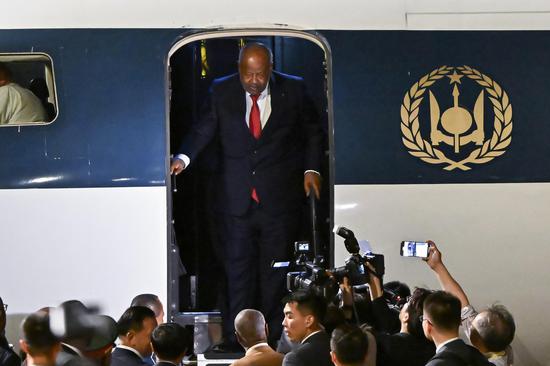
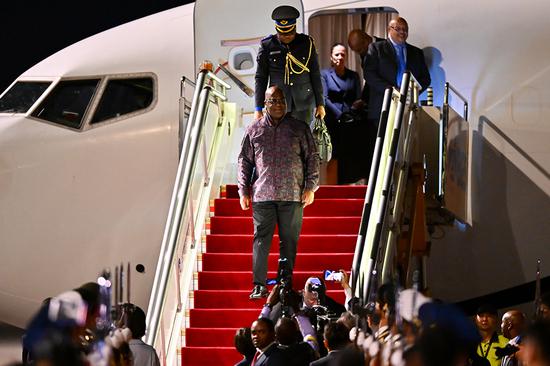


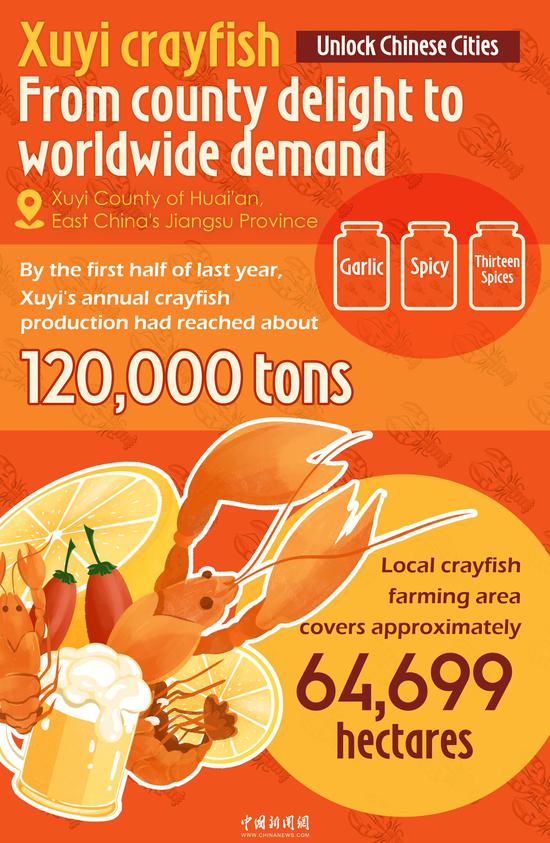

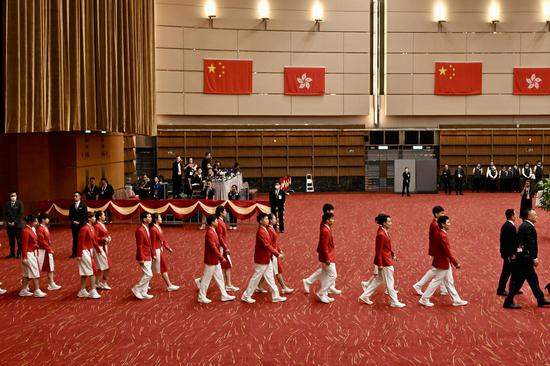


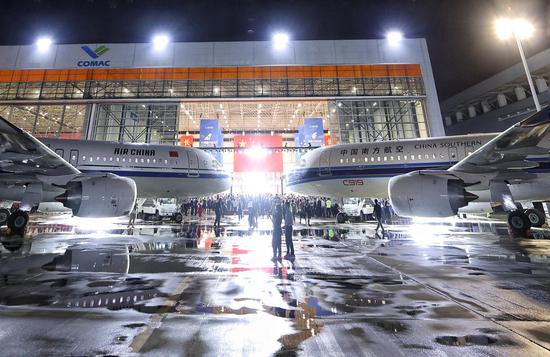
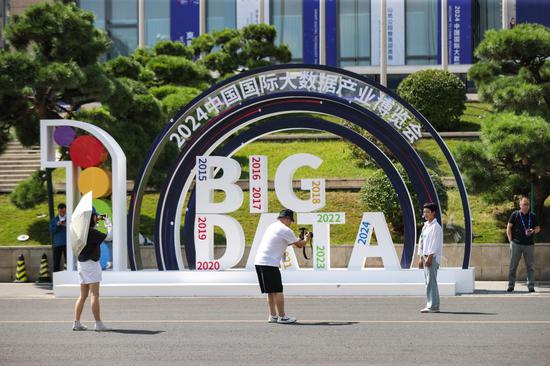
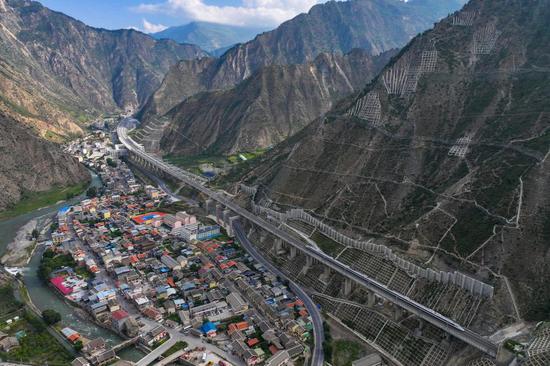




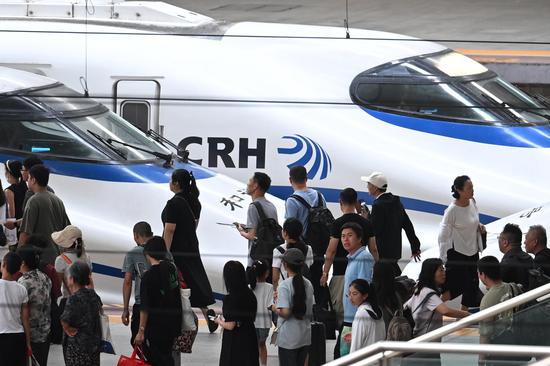


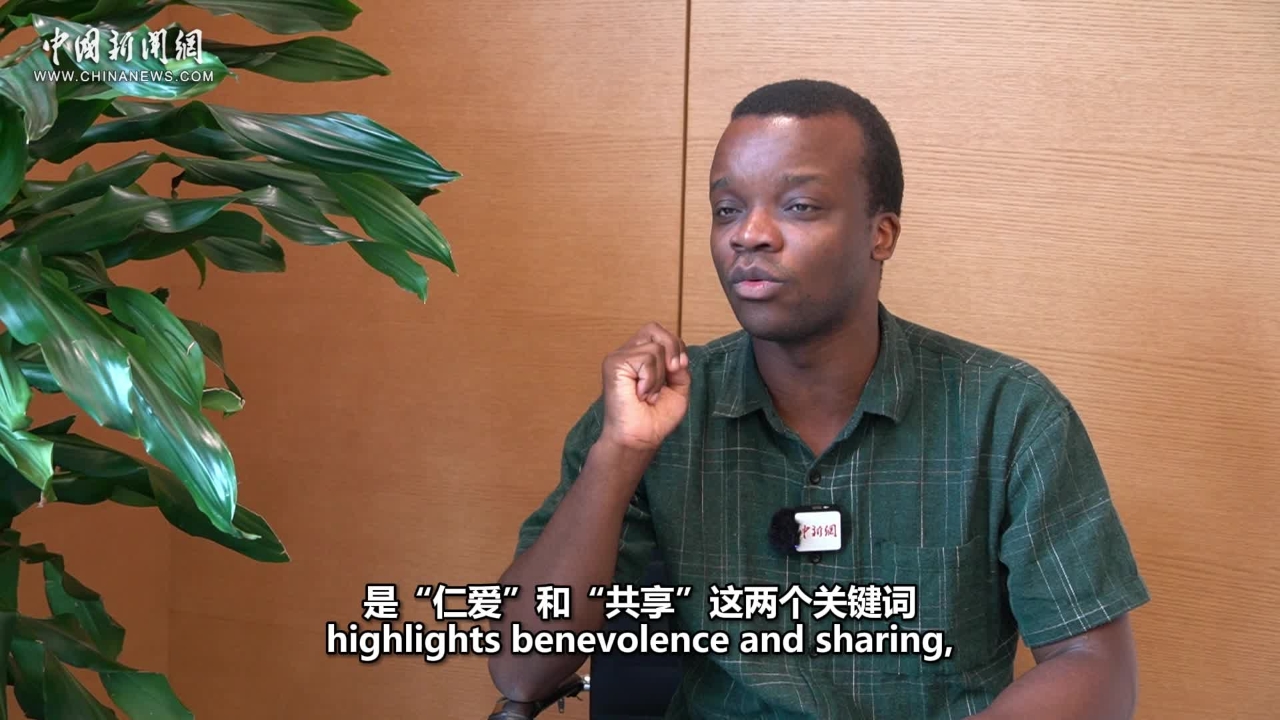



 京公網(wǎng)安備 11010202009201號(hào)
京公網(wǎng)安備 11010202009201號(hào)